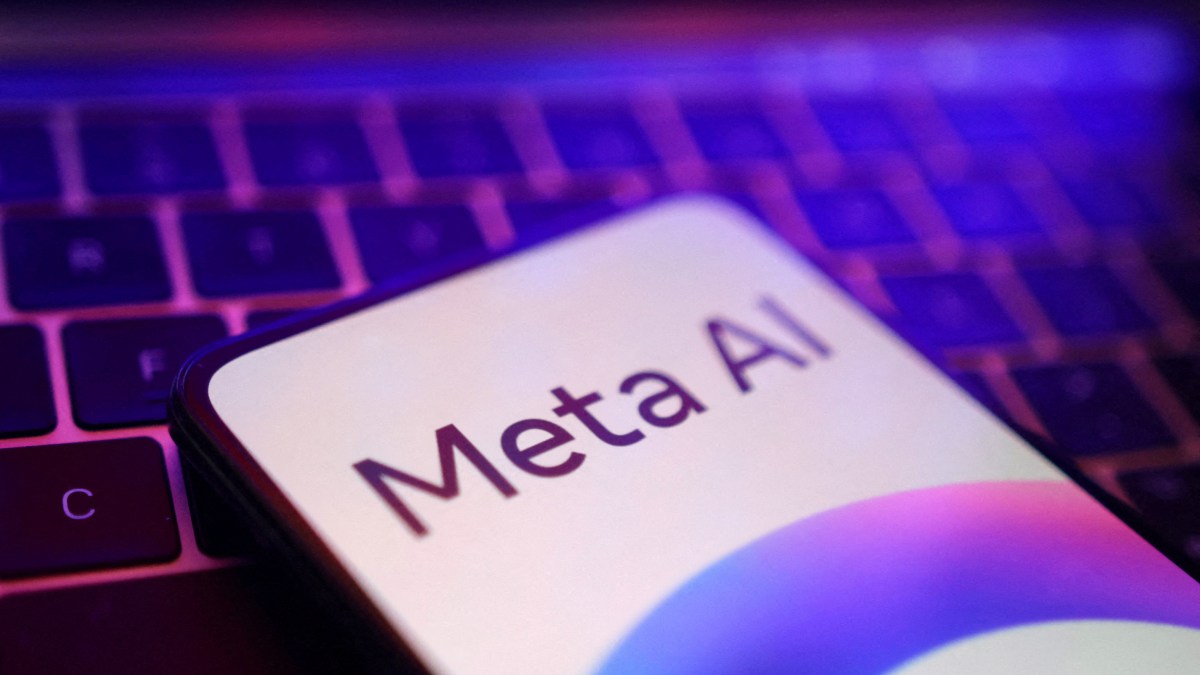
The AI-powered chatbot is now available to millions more people in the Middle East and North Africa (MENA) because of Meta’s official expansion ‘Meta AI’. The company said Monday that its AI chatbot platform, which it calls Meta, is now available to millions of Middle Eastern users of Facebook, Instagram, WhatsApp, and Messenger. In the future, Meta AI will be accessible in Saudi Arabia, Tunisia, the United Arab Emirates, Jordan, Libya, Morocco, Algeria, Egypt, Iraq, and Yemen. At the same time, Meta is adding Arabic to its list of supported languages.
In October of last year, Meta declared that it would be introducing Meta AI in six more regions, including the United Kingdom and Brazil. The company also hinted at ambitions to gradually roll out its products in other international markets, including MENA.
As Meta announced on its blog, “AI just got even more accessible than ever before, as we officially launched Meta AI in the Middle East and North Africa with Arabic capabilities.” These users will only be able to utilize some of Meta AI’s generative capabilities at launch, namely the creation of text and images as well as the animation of images. These services will soon be extended by the company to include AI image editing, simultaneous dubbing for Reels, and the “Imagine Me” feature, which creates a user’s portrait from uploaded reference images.
By tagging @meta in a chat on apps like Instagram, WhatsApp, and Messenger, users can call upon a virtual assistant (though availability varies by region) to suggest local destinations or music to add to a road trip playlist. According to Meta, it intends to expand the range of artificial intelligence (AI) features available in the MENA region to include multimodal tools like “Imagine Me,” which generates artistic user selfies, and audio dubbing for Instagram Reels.
With this announcement, Meta states that Meta AI is now accessible in 42 countries and 13 languages and that its numerous apps—such as Facebook, Instagram, Messenger, and WhatsApp—have 700 million users.
In addition to being a word and image generator, Meta sees its AI acting as a personal assistant, even though it is not agentic like OpenAI’s Operator system. For example, it would let users plan trips via group chat, with the chatbot suggesting places to visit and helping with idea generation for activities. According to the company, “You will be able to upload an image of the view from your apartment and ask Meta AI to reimagine a whole new world out there.” “Want to envision yourself with a new hair color or style? Meta AI will be your makeover assistant.”
Other companies are aiming to increase their presence in the Middle East and North Africa besides Meta. The new Saba model, created especially to communicate with Arabic-speaking consumers, was unveiled last week by the French AI startup Mistral. Although generative AI has not grown as rapidly in the Middle East as it has in the US and China, the area is still anticipated to gain a great deal from the technology in the years to come. According to a recent PWC report, by 2030, the Middle East is expected to “accrue 2% of the total global benefits of AI.” This amounts to $320 billion.
Read more: Project Waterworth: Meta Plans to Build the World’s Longest Undersea Cable Network
The precise feature set that is offered in each region does differ, though. For example, due to data privacy regulations, Meta AI is only able to answer general inquiries on its Ray-Ban Meta AR glasses in certain European countries.
Plans to introduce Meta AI in several new nations, including Brazil and the UK, were disclosed by Meta in October. The company then alluded to a phased expansion into additional regions such as MENA. This extension has come to pass, making the chatbot available to more people in the area.
Algeria, Egypt, Iraq, Jordan, Libya, Morocco, Saudi Arabia, Tunisia, the United Arab Emirates (UAE), and Yemen are among the countries where Meta AI is now accessible. The chatbot is now more accessible to users who speak Arabic thanks to Meta’s addition of Arabic language capability concurrent with this launch.
By tagging @meta in a chat on social media sites like Instagram, WhatsApp, and Messenger, you can access Meta AI. The chatbot may assist with several tasks, such as making playlist suggestions for a road trip or recommending nearby destinations to visit. However, depending on the nation, different features could be available.
In the MENA region, Meta also intends to launch new AI tools. These include an audio dubbing feature for Instagram Reels and “Imagine Me,” which generates stylized selfies. By offering more imaginative and engaging AI-driven options, these innovations improve the user experience.
With this most recent development, Meta AI now supports 13 languages and is accessible in 42 countries. The chatbot is used by more than 700 million users on Meta’s platforms, which include Facebook, Instagram, Messenger, and WhatsApp.
But not every region has access to every feature. For example, because of stringent data privacy regulations in several European nations, Meta AI is only able to respond to generic inquiries on Ray-Ban Meta smart glasses.
It is obvious that Meta wants to make its chatbot a vital part of digital interactions everywhere as it develops its AI capabilities.
Dr. Rema Vassar is a leading advocate for equity in education, particularly in ensuring that… Read More
Exploring the world of guitar music is a journey into the heart of creativity, where… Read More
Marine construction is a vital field that shapes coastal infrastructure, energy production, and global connectivity.… Read More
The history of the United States is a story of resilience, transformation, and progress. From… Read More
Couples' financial planning helps them to realize their shared objectives and cohesive tactics, therefore turning… Read More
A Young Entrepreneur’s Visionary Talks with a Global Economic Leader Signal a Bold Future In… Read More